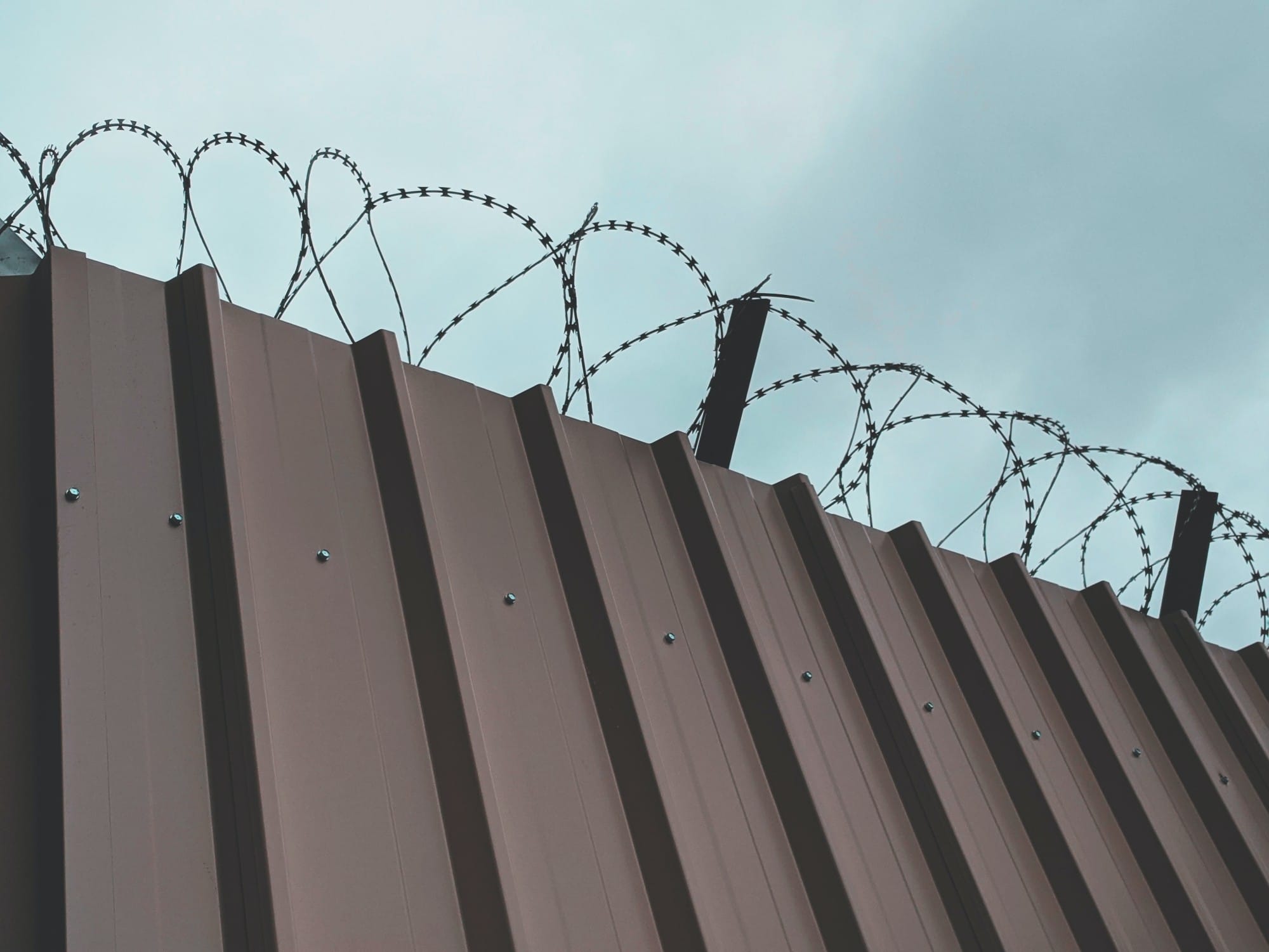“I am afraid of getting coronavirus. It’s psyching me out a lot, I start to get panicky and think I have symptoms. A lot of us are [panicky],” stated one person incarcerated in the Prince George’s County Correctional Center in Upper Marlboro, Maryland. Crises put tremendous pressure on cracks that already exist in our societal foundation. The COVID-19 pandemic has laid bare the inhumane conditions that come with caging human beings in our justice system.
While those of us outside of the walls of the Prince George’s County jail scramble to amass as much toilet paper and Lysol wipes as possible, repeatedly wash our hands, and diligently maintain social distancing, those incarcerated in the local jail don’t have those luxuries. Instead, they wait anxiously in cramped shared cells where it is impossible to maintain six feet of social distancing from coughing and feverish bunkmates, share two spray bottles of nondescript cleaning solution with 80 other people on a housing unit, and are locked in their cell for almost the entire day.
These conditions are what led Civil Rights Corps, a nonprofit organization that works to reform unjust legal systems, to file an emergency class action lawsuit in federal court on April 21, demanding that people, especially the medically vulnerable, be released immediately from the Prince George’s County jail.
The lawsuit also demands that the jail take basic steps in accordance with CDC guidelines to protect those detained in the jail and the staff from the virus. As a first step, Maryland Federal District Court Judge Paula Xinis ordered that an independent investigator conduct an unannounced inspection of the jail, to fully assess the conditions.
The inspection will likely show—as we have seen in jails and prisons across the country, including the DC Jail just across the Anacostia River—that it is nearly impossible to ensure the health and safety of incarcerated people during this pandemic. That’s because overcrowding, unsanitary conditions and inadequate healthcare—all factors that exacerbate the virus—are endemic to prison culture. The result is that COVID-19 rips through detention facilities like wildfire, indiscriminately killing those who work there and those whom the state has chosen to incarcerate there.
“The jail gave us little facemasks one time. But they don’t change them. That’s all they did—that and put us on lockdown.”
Without swift intervention, Prince George’s County will be no different. Those represented by CRC detail dangerous conditions analogous to “cruise ships without the views or amenities.” People incarcerated at the jail were first given a single face mask on April 6, weeks into the State of Emergency. They still have no access to gloves or hand sanitizer, and only have access to a bar of soap if they can buy it from the commissary.
In an attempt to quell the spread of the virus, everyone is locked in their cell for 23 hours a day. This sweeping lockdown, which is contrary to CDC guidelines, leaves only an hour a day for detained people to clean their cells, call their loved ones or lawyers, and take a shower. As one plaintiff stated, “the jail gave us little facemasks one time. But they don’t change them … That’s all they did—that and put us on lockdown.”
People are not taken to the medical unit until they have been exhibiting symptoms for days; even worse, some people’s symptoms are ignored entirely. Others hide their symptoms because they have heard of the horrors that await them in the jail’s medical unit. There, people are detained in complete isolation for days without access to toothbrushes and toothpaste, showers, clean clothing or any way to communicate with the outside world.
The conditions in the jail are horrendous, and not fit for any human being to live in under any circumstances, especially a public health crisis. Jails are “petri dishes” for the virus, and will lead to a broader public health catastrophe—especially Prince George’s County, which already is the Maryland jurisdiction with the highest rates of infection and deaths from COVID-19.
Without decisive steps to rapidly reduce the jail population and drastically improve conditions, people will die.
It is no surprise that this is true in a county whose population is two-thirds black; every day we are learning more about how coronavirus disproportionately infects and kills black people, largely due to the structural inequality and systemic racism deeply embedded in our healthcare systems. CRC’s lawsuit recognizes that prison health is public health, and that if we fail to protect those who reside and work in carceral settings from infectious diseases, we are all at risk.
In the past week Governor Hogan and Maryland Judiciary Chief Judge Barbera have issued broad directives to limit detention facility populations. Yet nearly 600 people remain incarcerated at the Prince George’s County jail. The incremental steps to release a few dozen people from the jail are not enough, and we’ve seen across the country how hesitation leads to catastrophe.
Even with this ominous foreshadowing, County Executive Angela Alsobrooks and the leaders of our local judiciary, like Judge Sheila Tillerson Adams, have failed to put in place sufficient directives for mass release or orders to improve conditions in the jail. Though State’s Attorney Aisha Braveboy has worked with the Office of the Public Defender to mutually identify individuals for release, her list has not been as exhaustive as it must be to protect public health.
These leaders must act now. Tomorrow will be too late to protect all those who come through the jail’s revolving doors. Without decisive steps to rapidly reduce the jail population and drastically improve the jail’s conditions today, people will die.
This article was co-authored by Qiana Johnson and Michele Hall.
 Qiana Johnson is the founder of Life After Release, an organization in Maryland that supports formerly incarcerated women re-entering their communities.
Qiana Johnson is the founder of Life After Release, an organization in Maryland that supports formerly incarcerated women re-entering their communities.
 Michele Hall is a practicing public defender.
Michele Hall is a practicing public defender.





Show Comments